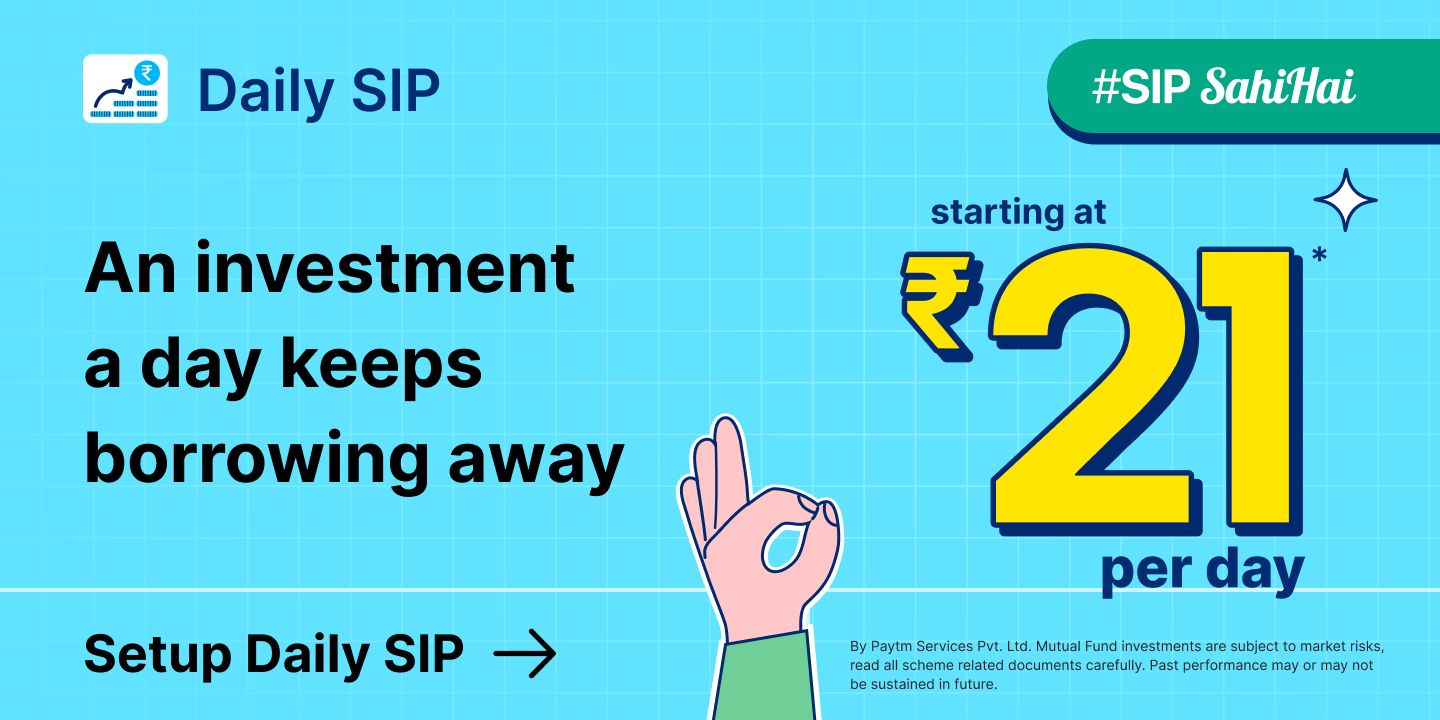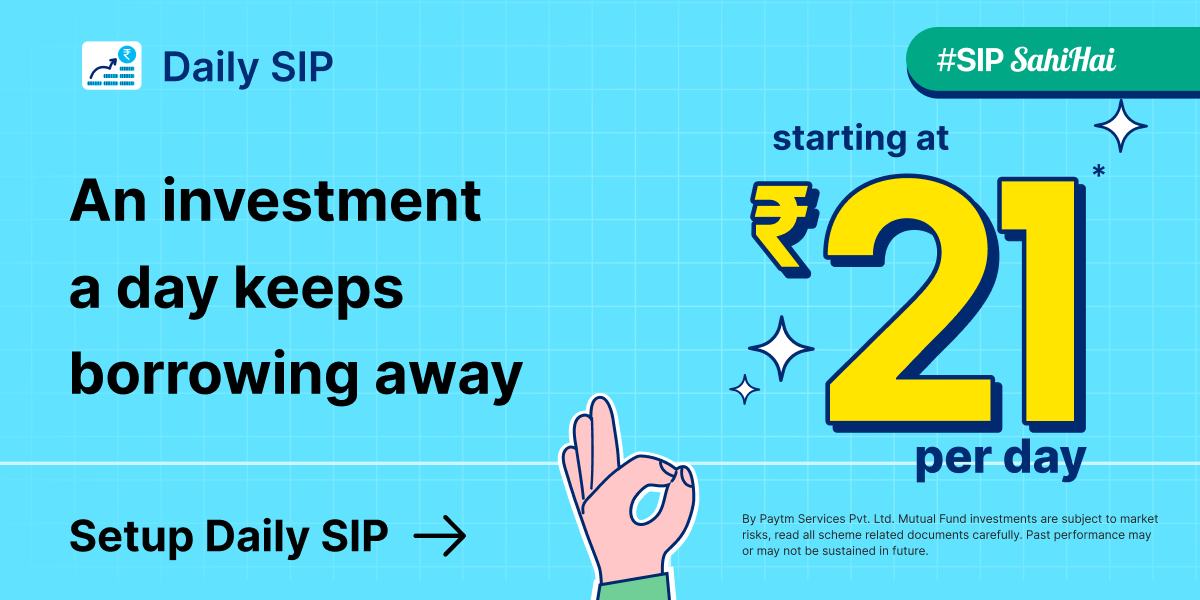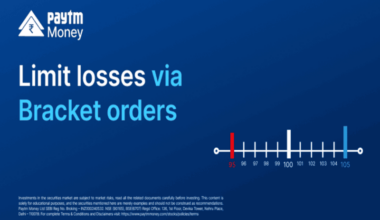Investing is an essential aspect of securing one’s financial future, but with a multitude of options available, it can be overwhelming to decide where to invest your hard-earned money. Among the vast array of investment opportunities, two primary contenders stand out: the bond market and the stock market. Both offer unique benefits and risks, catering to different investment goals and risk appetites.
In this comprehensive guide, we delve into the fascinating world of finance to demystify the distinctions between the bond market and the stock market.
Difference Between Bond Market vs Stock Market
| Aspect | Bond Market | Stock Market |
|---|---|---|
| Nature of Investment | Debt securities issued by corporations, banks, and the government | Ownership stakes in publicly listed Indian companies |
| Issuer | Corporations, Banks, Government of India | Publicly listed Indian companies |
| Risk Level | Lower risk compared to stocks | Higher risk due to market volatility |
| Return Potential | Generally lower, fixed interest payments | Potentially higher, dividends and capital gains |
| Income Generation | Regular interest payments | Dividends and occasional capital gains |
| Investor Influence | Limited influence on company decisions | Voting rights and influence on company decisions |
| Market Size | Larger in terms of outstanding value | Smaller in terms of total market value |
| Liquidity | Often higher liquidity, especially for government bonds | Liquidity can vary widely depending on the company |
| Maturity | Bonds have fixed maturity dates | Stocks have no fixed maturity dates |
| Volatility | Generally lower volatility | Higher volatility with greater short-term fluctuations |
| Safety | Considered safer, especially government bonds | Riskier, but potential for higher returns |
| Ideal for | Risk-averse investors seeking steady income | Investors seeking higher growth and returns |
| Market Regulation | Highly regulated by the Securities and Exchange Board of India (SEBI) | Regulated by the Securities and Exchange Board of India (SEBI) |
| Market Accessibility | Accessible to retail and institutional investors | Accessible to retail and institutional investors |
| Diversification Benefits | Provides diversification from stocks | Provides diversification from other asset classes |
| Influence of Economic Factors | Impacted by interest rates and economic conditions in India | Impacted by company performance, economic conditions, and market sentiment in India |
What is Bond Market?
Bond market is the financial market where investors buy and sell debt securities issued by various entities, including the Government of India, state governments, public sector enterprises, private corporations, and financial institutions. The Indian bond market is an integral part of the country’s financial system, facilitating the borrowing and lending activities necessary for economic growth and development.
Key features of the bond market in India include:
- Issuers: The bond market in India comprises of a diverse set of issuers, including the Government of India, which issues sovereign bonds, state governments issuing state development loans (SDLs), public sector undertakings (PSUs), private corporations, and financial institutions.
- Types of Bonds: In India, various types of bonds such as government securities (G-Secs), corporate bonds, municipal bonds, and bonds issued by financial institutions like banks and non-banking financial companies (NBFCs) are issued.
- Coupon Rate: Bonds in India come with a fixed or floating coupon rate, representing the interest rate paid to bondholders. Government bonds typically offer fixed interest rates, while corporate bonds may have floating rates linked to a benchmark.
- Maturity Date: Bonds in the Indian market have specific maturity periods, ranging from short-term (less than one year) to medium-term (1 to 5 years) and long-term (5 years and above).
- Interest Payments: Bondholders receive periodic interest payments based on the coupon rate and frequency specified in the bond’s terms. Interest payments are subject to tax, and some bonds may offer tax benefits, such as tax-free bonds issued by specific entities.
- Credit Ratings: Bonds issued in India are also subject to credit ratings by rating agencies, reflecting the issuer’s creditworthiness. The ratings help investors assess the risk associated with different bonds.
- Secondary Market: The Indian bond market has a secondary market, where previously issued bonds can be bought and sold among investors. The National Stock Exchange (NSE) and the Bombay Stock Exchange (BSE) are the primary platforms for trading bonds in India.
- RBI Regulation: The Reserve Bank of India (RBI) is the central regulatory authority that oversees the Indian bond market. It formulates and implements policies related to government borrowing and manages the issuance of government securities.
- Investor Base: The Indian bond market attracts various types of investors, including individual retail investors, institutional investors like banks, insurance companies, mutual funds, and foreign investors.
What is Stock Market?
The stock market, also known as the equity market or share market, refers to the financial marketplace where buyers and sellers trade ownership stakes in publicly listed companies. It is a crucial component of the Indian financial system, serving as a platform for companies to raise capital by issuing shares to the public and for investors to buy and sell those shares.
Key features of the stock market in India include:
- Listed Companies: The stock market in India includes companies that have gone through an initial public offering (IPO) and are listed on stock exchanges like the National Stock Exchange (NSE) and the Bombay Stock Exchange (BSE). These companies are called publicly listed companies.
- Shares: Shares, also known as stocks or equity, represent ownership in a company. When investors buy shares of a company, they become shareholders and have a proportional claim on the company’s assets and earnings.
- Stock Exchanges: In India, there are two primary stock exchanges – the National Stock Exchange (NSE) and the Bombay Stock Exchange (BSE). These exchanges provide the infrastructure and technology for trading shares of listed companies.
- Market Indices: The Indian stock market has various market indices, such as the Nifty 50 and the Sensex. These indices track the performance of a select group of companies and serve as indicators of the overall market sentiment and direction.
- Equity Market Segments: The Indian stock market has different segments, including large-cap, mid-cap, and small-cap companies, categorized based on their market capitalization.
- Trading Mechanism: In India, the stock market operates through an electronic trading system where investors place, buy and sell orders through stockbrokers, either online or through traditional brokerage firms.
- Volatility: Stock prices in the Indian stock market can be subject to fluctuations due to various factors, including company performance, economic conditions, global market trends, and investor sentiment.
- Investor Participation: The Indian stock market attracts a wide range of participants, including individual retail investors, institutional investors like mutual funds, insurance companies, and foreign institutional investors (FIIs).
- Regulation: The Securities and Exchange Board of India (SEBI) is the regulatory authority overseeing the Indian stock market. It formulates regulations and guidelines to protect investors’ interests and ensure fair and transparent market practices.
- Dividends and Capital Gains: Investors in the Indian stock market can earn returns through dividends, which are a share of the company’s profits distributed to shareholders, and capital gains, which result from selling shares at a higher price than the purchase price.
Should You Invest in the Stock Market or the Bond Market?
Deciding between investing in the stock market and the bond market depends on several factors, including your financial goals, risk tolerance, investment time horizon, and overall portfolio diversification strategy. Let’s explore the key considerations for both markets to help you make an informed decision:
Stock Market:
- Returns: The stock market offers higher potential for long-term returns, but it comes with greater volatility and short-term risk.
- Ownership: Investing in stocks means becoming a partial owner in companies, allowing you to benefit from their growth potential and profitability.
- Income Generation: Stocks may provide income through dividends and capital appreciation when you sell shares at a higher price.
- Risk Tolerance: Due to market fluctuations, the stock market is more suitable for investors with a higher risk tolerance and long-term investment goals.
Bond Market:
- Risk Level: The bond market is generally considered less risky than the stock market, offering stability and capital preservation.
- Income Generation: Bonds provide a stable income stream through regular interest payments (coupon payments).
- Diversification: Including bonds in a portfolio can offer diversification benefits, reducing overall risk.
- Investment Horizon: Bonds are suitable for risk-averse investors and those with shorter time horizons, as they are less volatile.
Considerations:
- Diversification: A balanced approach may involve including both stocks and bonds in a diversified investment portfolio to leverage the benefits of both markets.
- Investment Goals: Tailor your investments based on your financial goals, risk tolerance, and time horizon.
- Financial Advice: Seeking advice from a financial advisor can help create a personalized investment strategy that aligns with your specific circumstances.
Tips and Tricks to Invest in Stock Market or the Bond Market
- Understand the Indian Market: Familiarize yourself with the Indian stock market (e.g., BSE and NSE) and the bond market (e.g., Government bonds, corporate bonds) and how they operate. Indian markets have their unique regulations and dynamics.
- Regulatory Environment: Be aware of the regulatory framework and tax implications of your investments. India has specific tax rules related to capital gains, dividends, and interest income.
- Know Your Risk Profile: Assess your risk tolerance and investment horizon. Indian markets can be volatile, so understanding your risk appetite is crucial.
- Diversification is Key: Diversify your investments across different sectors, industries, and market caps to spread risk effectively.
- Consider SIPs and Mutual Funds: Systematic Investment Plans (SIPs) are a popular way to invest in mutual funds regularly. They allow you to invest small amounts periodically, reducing the impact of market volatility.
- Focus on Quality Stocks and Bonds: Conduct thorough research before investing in individual stocks and bonds. Look for strong companies with sound financials and reputable bond issuers.
- Government Savings Schemes: Explore various government-backed savings schemes like Public Provident Fund (PPF), National Savings Certificate (NSC), and others, which offer tax benefits and stable returns.
- Stay Informed About Economic Indicators: Keep track of key economic indicators and government policies that can influence the markets.
- Be Long-term Oriented: Indian markets tend to reward long-term investors. Avoid making hasty decisions based on short-term market movements.
- Be Mindful of Currency Risk: If you’re investing in international assets, be aware of currency risk, as fluctuations in exchange rates can impact your returns.
- Avoid Herd Mentality: Avoid blindly following market trends or tips from others. Conduct your research and make informed decisions.
- Stay Invested, but Review Regularly: Stay invested in alignment with your goals, but periodically review and rebalance your portfolio to ensure it stays on track.
- Consider Investing in Gold: Gold is considered a safe-haven asset in India. It can act as a hedge against inflation and economic uncertainties.
Conclusion:
Since both the markets offer unique benefits, following a well-balanced investment approach may involve including both bonds and stocks in a diversified portfolio. Ultimately, the choice between the bond market and stock market depends on individual financial goals, risk appetite, and investment horizon. Seeking guidance from a financial advisor can further aid in creating a personalized investment strategy tailored to one’s specific circumstances and help navigate the dynamic world of finance with confidence.








